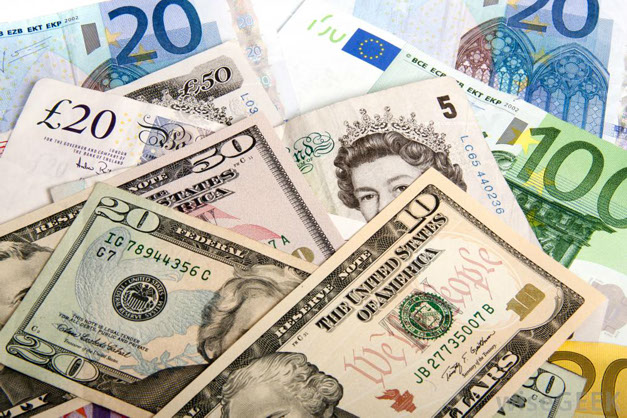This post has already been read 1093 times!
African countries are losing $5 billion annually as costs of currency convertibility, Secretary General, African Continental Free Trade Area (AfCFTA) Wamkele Mene has said.
Speaking in a press briefing at the ongoing Intra- African Trade Fair in Durban, South Africa yesterday, Mene said AfCFTA is working closely with Afreximbank to establish a Pan-African Payment and Settlement System (PAPSS), which will enable Africans to transact in real-time on a digital platform with entities in other parts of the continent using their local currency to ensure successful implementation of the trade pact.
He explained that Afreximbank is providing liquidity worth over $1 billion for the settlement as well as establishing the technology, while AfCFTA is providing the legal framework.
“This is the very first time we have a single set of rules for trade and investment. So we need to leverage on this single instrument to make sure that we maximize the benefit,” Mene said.
On.the tariff adjustment fund, he said the fund would provide direct interventions for various sectors, especially in the areas of staff retraining, machinery processing, procurement of latest technology among others.
After much anticipation, the African Continental Free Trade Area (AfCFTA) came into effect on January 1, eliminating tariffs on 90% of goods produced on the continent.
But for the agreement to be successful, countries must address more nuanced non-tariff barriers and build regional value chains. Having been pushed back six months from its initial implementation date, trading under the AfCFTA has commenced.
The trade agreement is expected to be mutually beneficial as importers have, over the years, struggled to import due to duties and costs created by their governments.
Mene said the intervention fund would be managed under a professional arrangement by a joint venture while disbursement would commence by next year.
He stated much of African trade involves exporting raw commodities outside of the continent, and importing the finished products.
He also stated that African markets must discover their areas of specialisation and value addition in their local market before the continent would witness any real inter-African trade.
“It took Europe 72 years to reach the dept of market and economic integration that it is enjoying today. We are not yet there but we want to get to that level of of market integration one day.
“If we consolidate our market of 1.3 billion people by the year 2030, close to $7 trillion GDP, our continent will be the seventh or eight largest economy in the world and become as competitive as China and India,” he said.



